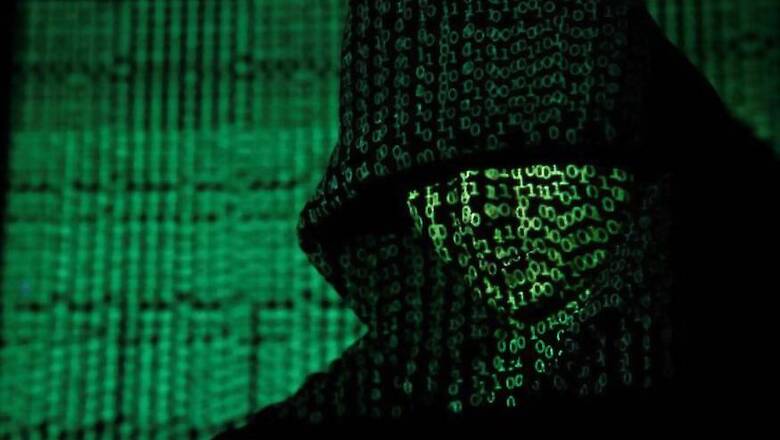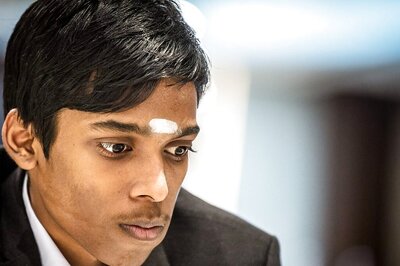
views
In the wake of growing threats in cyberspace, lack of an international law has become a hindrance and countries must vouch for a common law to effectively deal with hackers, Cyber Security Chief Gulshan Rai said on Friday. The heterogeneity of the systems dealing with various aspects of the threats has made it difficult for the stakeholders to formulate such a law, said Rai, the National Cyber Security Coordinator at the Prime Minister's Office.
"To accelerate the process of evolving such a mechanism and establish a comprehensive measure to deal with cyber threats, we need more collaboration at the global level," Rai told IANS on the sidelines of the fifth edition of the Global Conference on Cyber Space (GCCS) here. "We need to take adequate measures to identify the threats and should have the mechanism in place that makes attribution of such incidents possible," Rai added.
Speaking at the same session, Iddo Moed, Cybersecurity Coordinator at the Israeli Foreign Ministry, agreed that fighting rising cyber threats required global cooperation based on shared values. "Cyberspace belongs to everyone and to no one in particular," said Uri Rosenthal, said former Foreign Minister of the Netherlands, adding that 60 percent of the world population currently has no access to the Internet.
Saying that India can play a leading role in driving digital inclusiveness, Rosenthal emphasised that fighting cybercrime also needed public-private collaboration. "The world needs to see how to apply the principles of sovereignty and non-interference to the cyberspace," he noted in the context of allegations of rising state-sponsored cyber crimes.
There was a need to see how the international humanitarian law can be applied to the cyberspace so that its stability does not get hammered, Rosenthal added.
Tech And Auto Show | EP21 | Apple iPhone X, Suzuki Intruder 150 & More


















Comments
0 comment